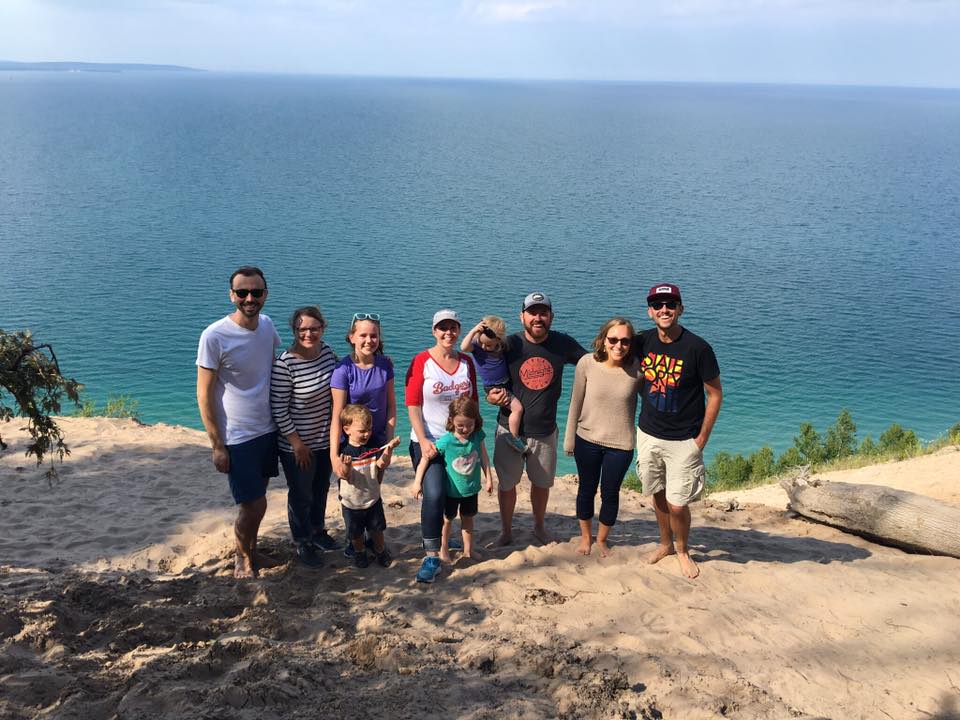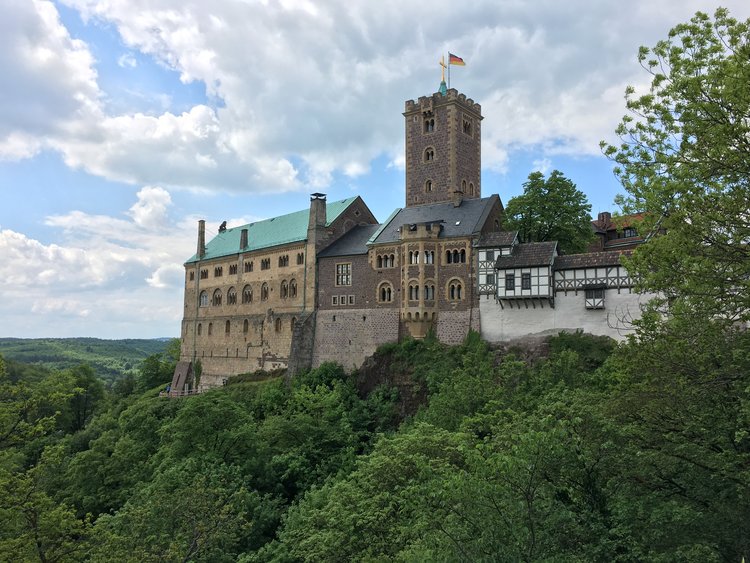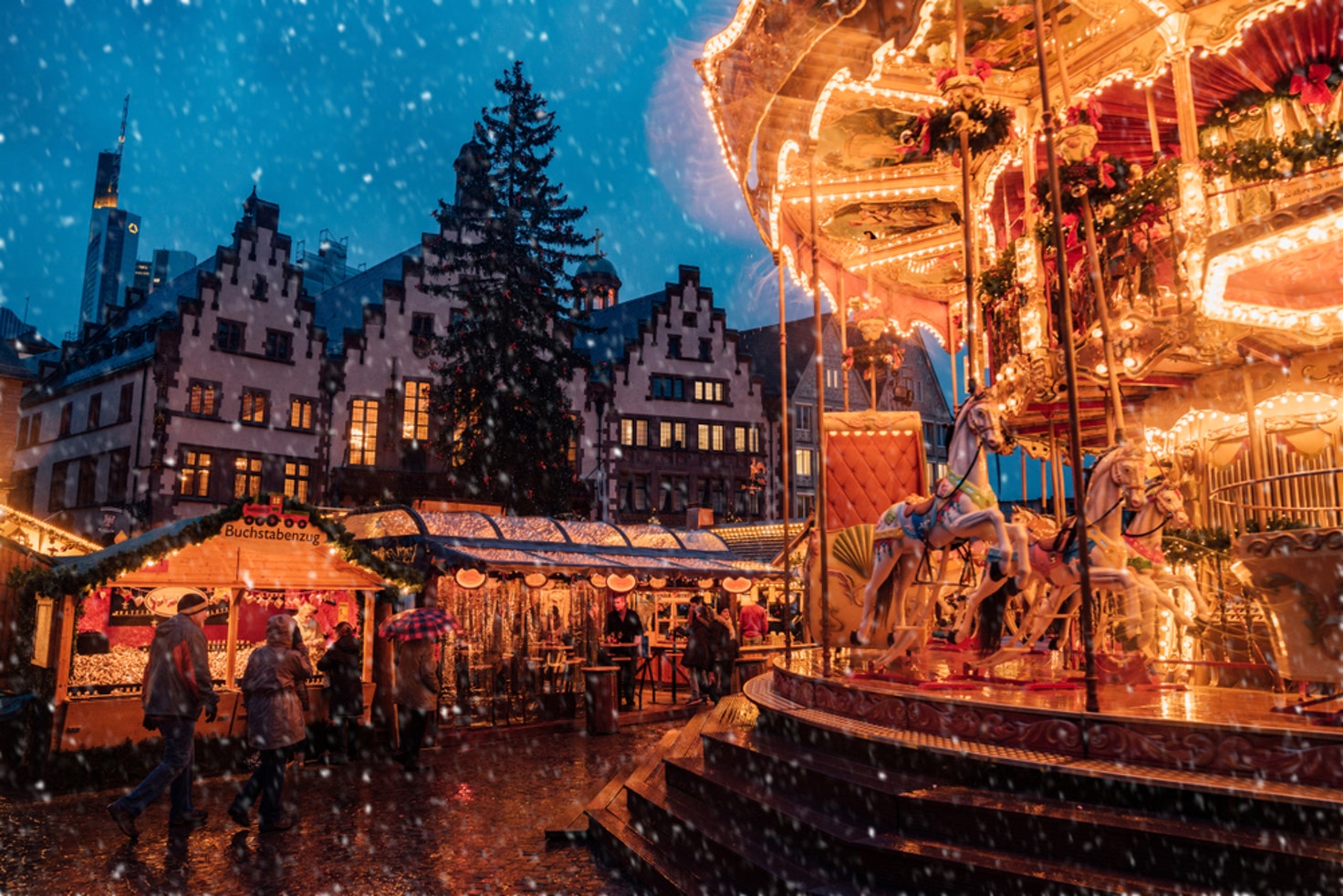English is the first thing you notice at Hillsong Berlin. The church was meeting at the Kino in der Kulturbrauerei—a movie theater in a historic brewery, just one tram stop from the last standing section of the Berlin Wall—but on Sunday night the sign out front said, “Welcome Home.” A smiling cadre of young, fashionable, and diverse volunteers from around the world greeted people in accented English.
Inside, the entire service is in English, including the sermon and all the worship songs. Participants sing “Wake,” “What a Beautiful Name,” and “King of Kings.” Most international Hillsong churches translate their services from the local language into English. In Berlin, there is no translation. The service is just in English. That isn’t Hannah Fischer’s first language, but that’s part of why she comes to Hillsong Berlin.
“People from outside Germany can’t really understand how awkward it is to be Christian here,” she said. “I could never praise God like that in my language.”
Five hundred years ago, Martin Luther insisted that Christians needed to hear the gospel in their own language, in words they could understand. When the Reformation swept Germany, people abandoned Latin worship for German prayers and praise.
Today, however, German Christians like Fischer are turning from their own language to a more global tongue: English. They say the foreign language allows them to loosen their German identity, praise God in an uninhibited way, and connect with a global, cosmopolitan Christianity.








